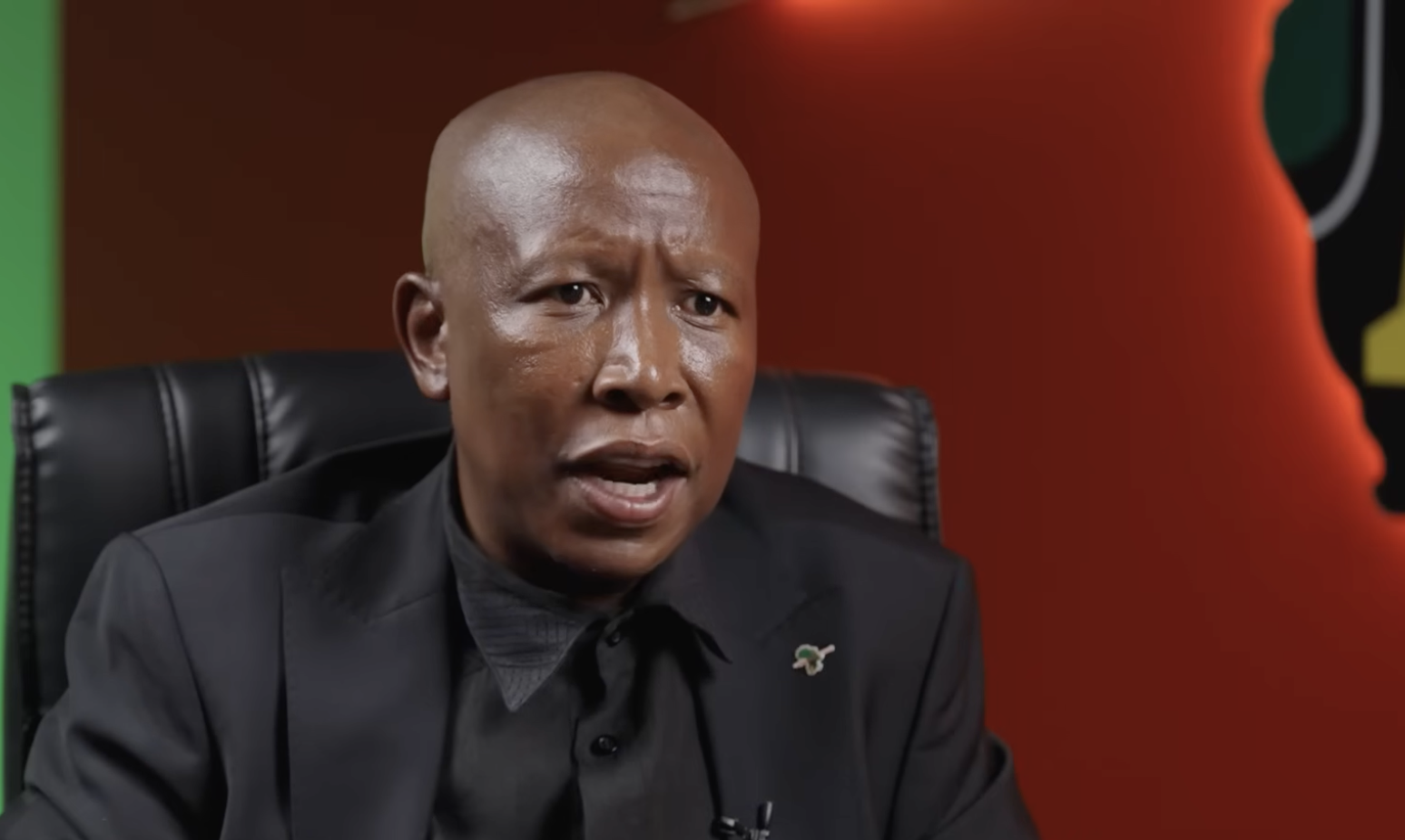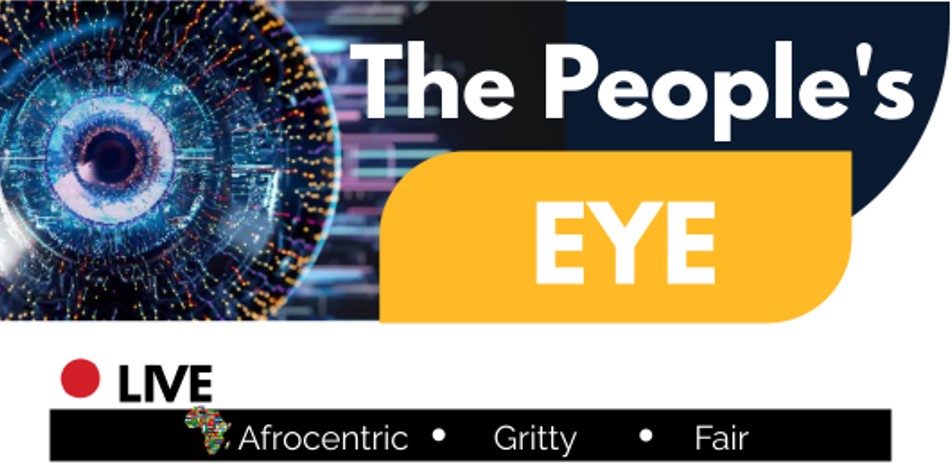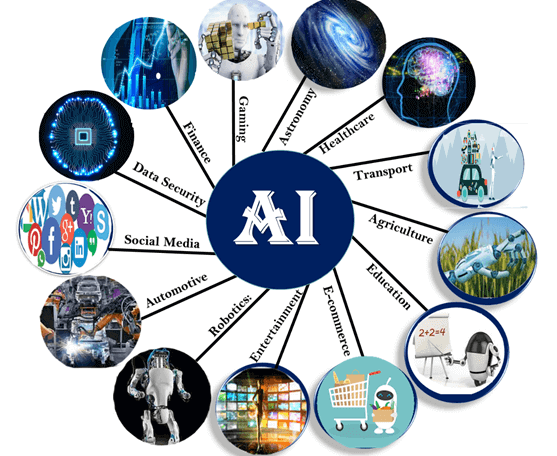-
 ‘SA must boycott the World Cup’ – Malema
‘SA must boycott the World Cup’ – Malema
-
 Transnet loses third court battle and ordered to pay R60m to Gijima
Transnet loses third court battle and ordered to pay R60m to Gijima
-
 UMP’s ambition to position SA as a leading rice exporter
UMP’s ambition to position SA as a leading rice exporter
-
 Polokwane mayor’s gobbledygook on R41.2 million refund to developer
Polokwane mayor’s gobbledygook on R41.2 million refund to developer
-
 Transnet’s loses yet another application to push Gijima Holding’s from IT contract
Transnet’s loses yet another application to push Gijima Holding’s from IT contract
-
 Fetakgomo Tubatse municipality dumps consultants and still keeps a good financial record
Fetakgomo Tubatse municipality dumps consultants and still keeps a good financial record
-
 Limpopo government finishes sixth traditional office in 2025/26
Limpopo government finishes sixth traditional office in 2025/26
-
 Masoga approaches High Court to clear his name on allegations of corruption at MMSEZ
Masoga approaches High Court to clear his name on allegations of corruption at MMSEZ
-
 Municipal manager’s bid to attach CFO’s pension fails
Municipal manager’s bid to attach CFO’s pension fails
-
 Visit Limpopo Ka Dezemba – Premier Ramathuba
Visit Limpopo Ka Dezemba – Premier Ramathuba
LPC to investigate law firm for ‘unverified’ AI information use
Sizwe sama Yende
The Legal Professions Council (LPC) is still studying a judgement in a KwaZulu-Natal court in which a judge expressed concern with a law firm’s use of an artificial intelligence tool in research.
LPC spokesperson, Kabelo Letebele, said that the council aimed to determine if there have been contravention of rules and regulations of the Legal Practice Act.
The LPC’s probe emanates from the KwaZulu-Natal High Court in Pietermaritzburg where Judge Elsje-Marie Bezuidenhout picked up that papers from a law firm representing former Umvoti mayor, Godfrey Mavundla, had some inaccuracies.
Mavundla, who is also the president of Abantu Batho Congress, went to the court to apply for leave to appeal Bezuidenhout’s June 19 2024 judgement.
In that judgement, Bezuidenhout overturned Mavundla’s interdict against the department of co-operative governance and traditional affairs and the Umvoti council not to pass a vote of no confidence against him.
Mavundla had been removed as mayor on May 21, and he then challenged the legality of the proceedings.
When turning down the politician’s leave to appeal on January 8, Judge Bezuidenhout said that Mavundla’s counsel, a Ms S Pillay (who was briefed by the law firm), had, in written submissions and argument, referred to several cases.
PLACED UNDUE FAITH ON AI INFORMATION
She said that she could not find one case in any of the official law reports. The judge then asked two law researchers at the court to peruse the notice of appeal and to provide her with information of all the cited cases.
“Of the nine cases referred to and cited, only two could be found to exist, albeit that the citation of one was incorrect,” said Bezuidenhout in her judgement.
Bezuidenhout however said that Mavundla’s legal team did not submit these cases to the court as binding authorities, they submitted them to the defendants' attorneys as being the cases that they would rely on prior to realising the error of their proposed actions.
“It seems to the court that they placed undue faith in the veracity of the legal research generated by artificial intelligence and lazily omitted to verify the research. Ordinarily, if the court was satisfied that the attorneys had attempted to mislead the court, the consequences would have been far more grave,” she said.
OLD-FASHIONED INDEPENDENT READING
“Not only would it have attracted a costs order de bonis propriis (straight from the pocket) against the relevant attorney, but the court would have been compelled to report the attorney's conduct to the LPC. As it happens, the court is quite confident that neither the plaintiff's attorney nor her counsel attempted to mislead the court. It seems that the attorneys were simultaneously simply overzealous and careless.”
Bezuidenhout said that this incident served as a timely reminder lawyer that when it came to legal research, the efficiency of modem technology still needed to be infused with a dose of good old-fashioned independent reading.
“Courts expect lawyers to bring a legally independent and questioning mind to bear on, especially, novel legal matters, and certainly not to merely repeat in parrot-fashion, the unverified research of a chatbot,” she said.
Even though the judge found that Mavundla’s lawyers had no intention to mislead the court, she ordered that her judgment be referred to the LPC for investigation and further action.
LAWYERS SHOULD USE LAW LIBRARY
Letebele said that the LPC gave all legal practitioners access to the council’s law library for free.
“LPC has advised practitioners that in the use of AI, they should also consider using our law library that can verify case laws and any relevant legal information that they can use as they prepare legal matters. They are advised to be careful when using AI tools,” said Letebele.
He said that the LPC would investigate if, in using AI, the lawyer contravened rules or it was a matter of a legal practitioner not sufficiently applying his mind to the matter and verifying information provided by AI.
Tebele said that if a lawyer was “not strong enough” to verify matters, that would not necessarily be a contravention of rules.
“If you were using a calculator as a tool, just like AI. If you press wrong numbers and come to a wrong answer, did you break the rules? That’s a grey area. What is not in debate is that if you use AI and get to a point where you are manipulating or misleading, then that may be a contravention of the rules.”
ChatGPT’S TENDENCY TO HALLUCINATE
According to a paper from Simon Dippenaar & Associates, while the integration of AI into the legal sector offered significant potential for increased efficiency, accessibility, and innovation - technological advancement also presents inherent risks and challenges.
Ethical and regulatory issues surrounding AI, such as privacy, security, accountability, transparency, fairness, and human dignity, are closely linked to the management of personal and sensitive data.
“There are concerns about intellectual property (IP) protection, the rationale of AI decisions, and the presence of discrimination and bias,” reads the paper.
The papers notes that risks of over-reliance on AI were highlighted in a recent case in the Johannesburg regional court, where a legal team used ChatGTP to conduct legal research.
“ChatGPT generates human-like responses to prompts, including legal queries. However, the tool listed several non-existent cases, leading to complications during the proceedings. The tendency for ChatGPT to hallucinate, as its habit of making up sources is called, has been documented in academic circles, journalism, and other contexts.”
The paper indicate that ChatGPT did not deliberately set out to “lie,” but it simply predicted the most likely next word in a sequence, causing it to invent false but highly plausible citations.
“This highlights the need for caution and discernment when deploying AI in a legal context. It also raises the question of whether AI has a place in the legal sector and to what extent it should be relied upon.”

